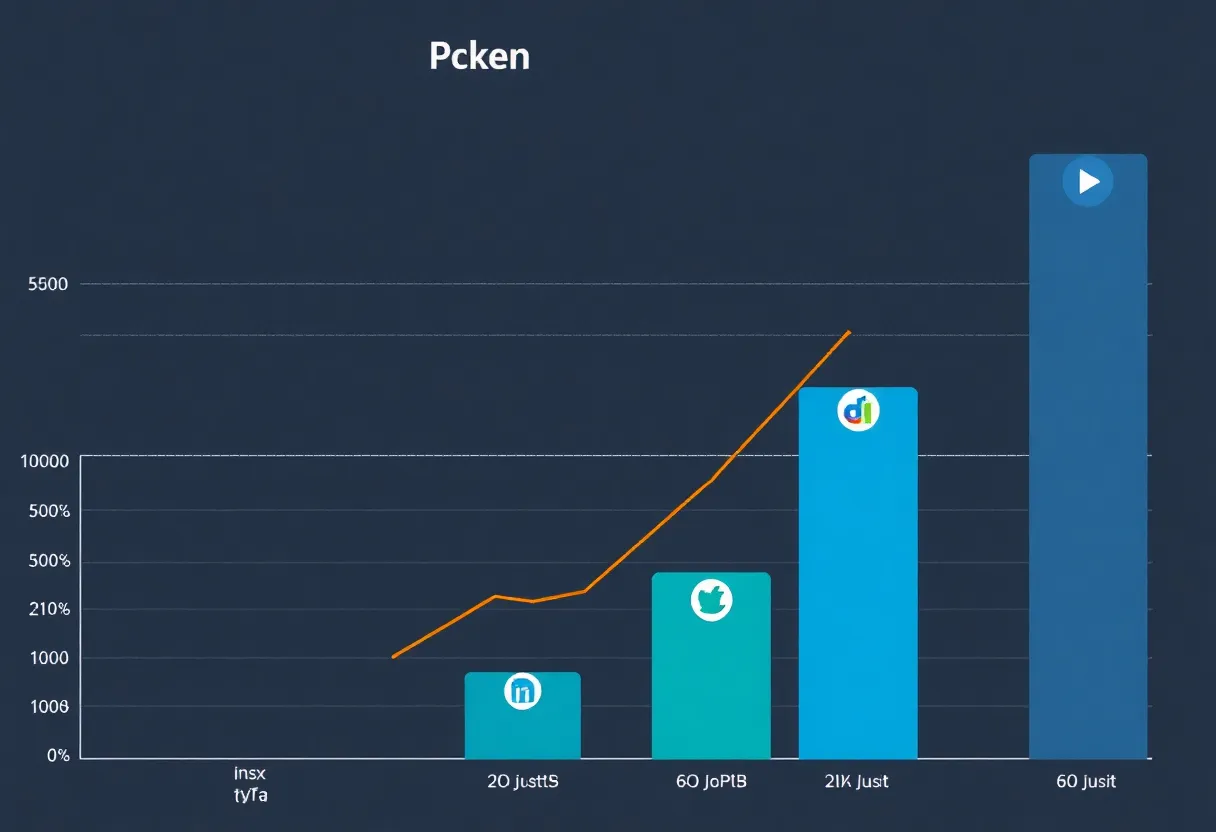New Trends in Digital Marketing: The Power of KPIs
In the bustling city of New York, marketers are grappling with some exciting changes in the landscape of digital marketing. As platforms like TikTok, YouTube, and connected TV (CTV) continue to fight for their slice of the marketing pie, the importance of understanding key performance indicators, or KPIs, has never been more apparent. These metrics serve as the backbone for decision-making, guiding where marketing dollars should be spent to deliver the best return on investment.
The Significance of Clear KPIs
So, why are KPIs so crucial? According to a recent study, maintaining clarity on KPIs ranks as the third most important strategy for marketers globally, falling just behind brand-building and implementing a full-funnel marketing strategy. When marketers are under pressure to convert budget-conscious consumers, having clear KPIs is essential to inform all aspects of their marketing approach. Without solid data, it becomes increasingly challenging to allocate budgets effectively or accurately report success.
Social Media Reach: A Vital Metric
Among the myriad of KPIs, social media reach has emerged as a top priority for marketers around the globe, right above customer satisfaction and customer retention. This focus indicates an interest not only in expanding audience reach across social platforms but also in ensuring that customers remain satisfied. With social media reach, brands can discover new customers while also showcasing fresh products to their existing clientele.
For marketers looking to increase their social media reach, TikTok is currently the fastest-growing platform in 2024, boasting a remarkable 9.4% year-over-year growth, as per our recent forecast. However, this expanded reach comes with a cost, as social costs per thousand impressions (CPMs) have been on the rise. In fact, as we look at the data from the first quarter of 2024, CPMs on TikTok, Meta, Snapchat, and YouTube all saw increases year-over-year, with even more growth projected for 2025.
CPM Trends and Advertising Spend
What does this mean for brands? The projected CPMs for Q1 2025 show that Meta is forecasted to hit $12.53, closely followed by YouTube at $12.44. Meanwhile, TikTok and Snapchat are anticipated to have lower CPMs at $7.03 and $4.19, respectively. It’s clear that engagement metrics vary widely across platforms, which impacts how marketers approach their advertising strategies.
Engagement Rates and Content Effectiveness
Engagement metrics also tell an intriguing story. Media and publishing posts enjoy a 4.7% engagement rate, which is notably higher than the overall average of 4.1%. However, engaging audiences with product marketing content can be more challenging on platforms like TikTok. Despite this, brands shouldn’t shy away; engagement across TikTok still holds potential compared to platforms like Pinterest and Instagram, which sit at 0.3%, and Facebook at 3.9% for video posts.
The CTV Advantage
Another noteworthy trend is the performance of connected TV (CTV) versus traditional online video and display ads. With a remarkable attention metric of 69.5 AU, CTV led the way over online video at 38.4 AU and display ads at just 22.1 AU. This high level of attention on CTV could be a contributing factor to why YouTube maintains such a high CPM compared to TikTok and Snapchat. In fact, a significant 67.7% of YouTube viewers in the U.S. are engaging through CTV, marking a strong trend in how global audiences consume content.
Conclusion
In summary, New York marketers are positioning themselves to navigate the ever-evolving digital landscape. By focusing on clear KPIs like social media reach and understanding the dynamics of CPMs and engagement rates, brands can better allocate resources and refine their strategies. As 2024 progresses, keeping an eye on these trends will undoubtedly help marketers thrive in an increasingly competitive environment.







